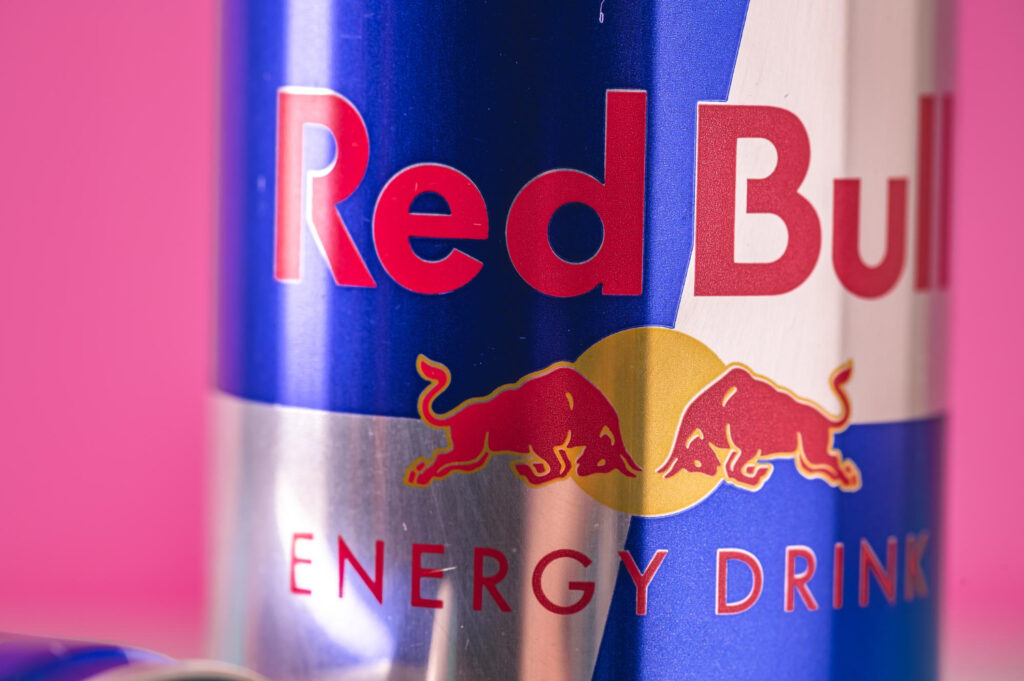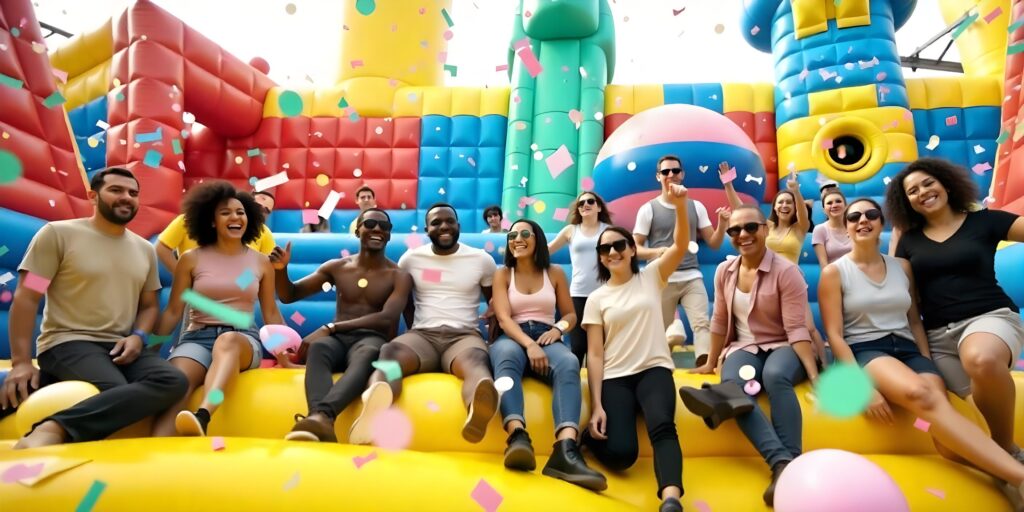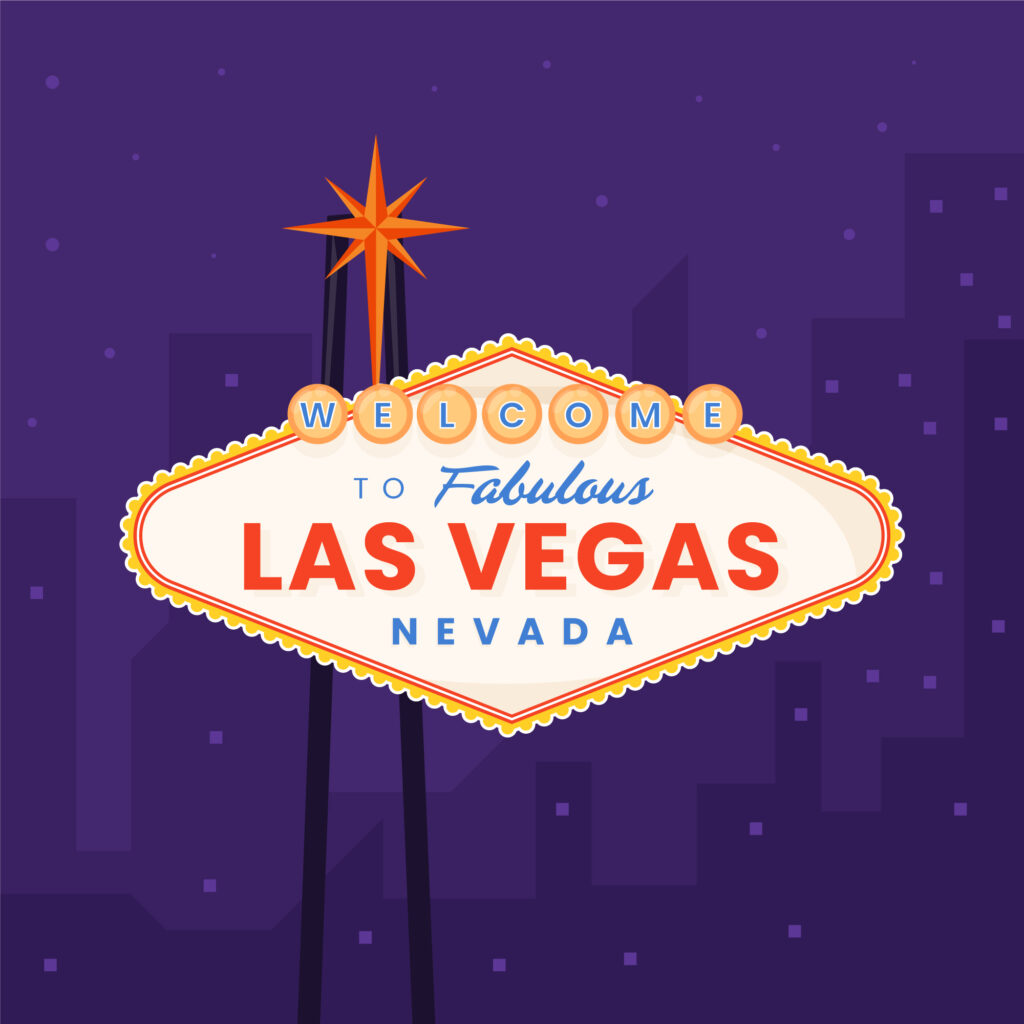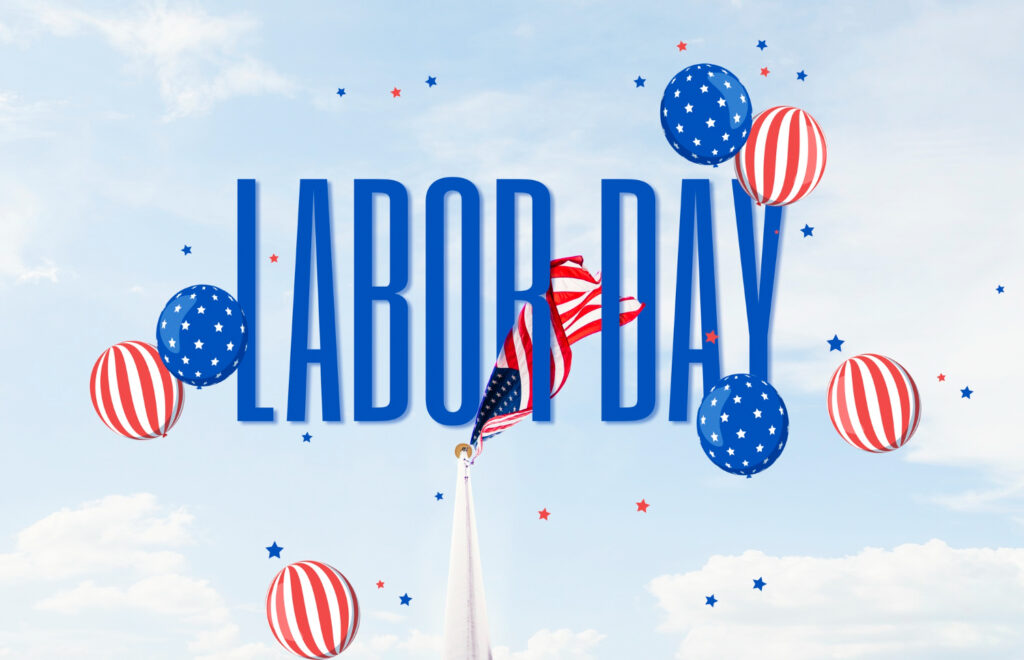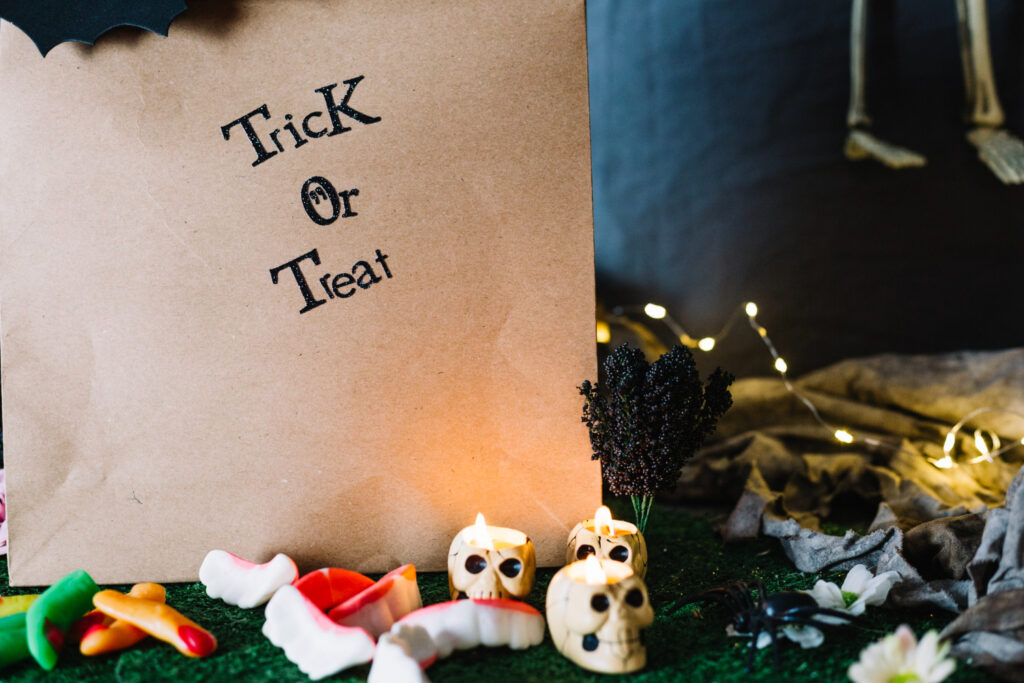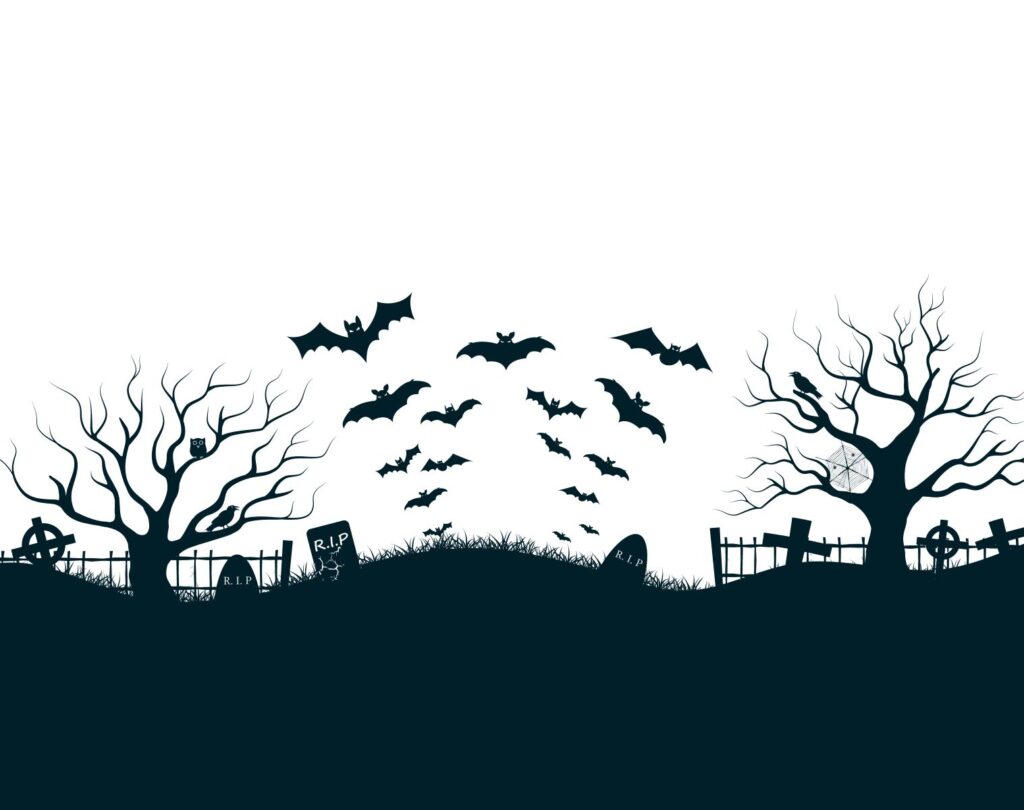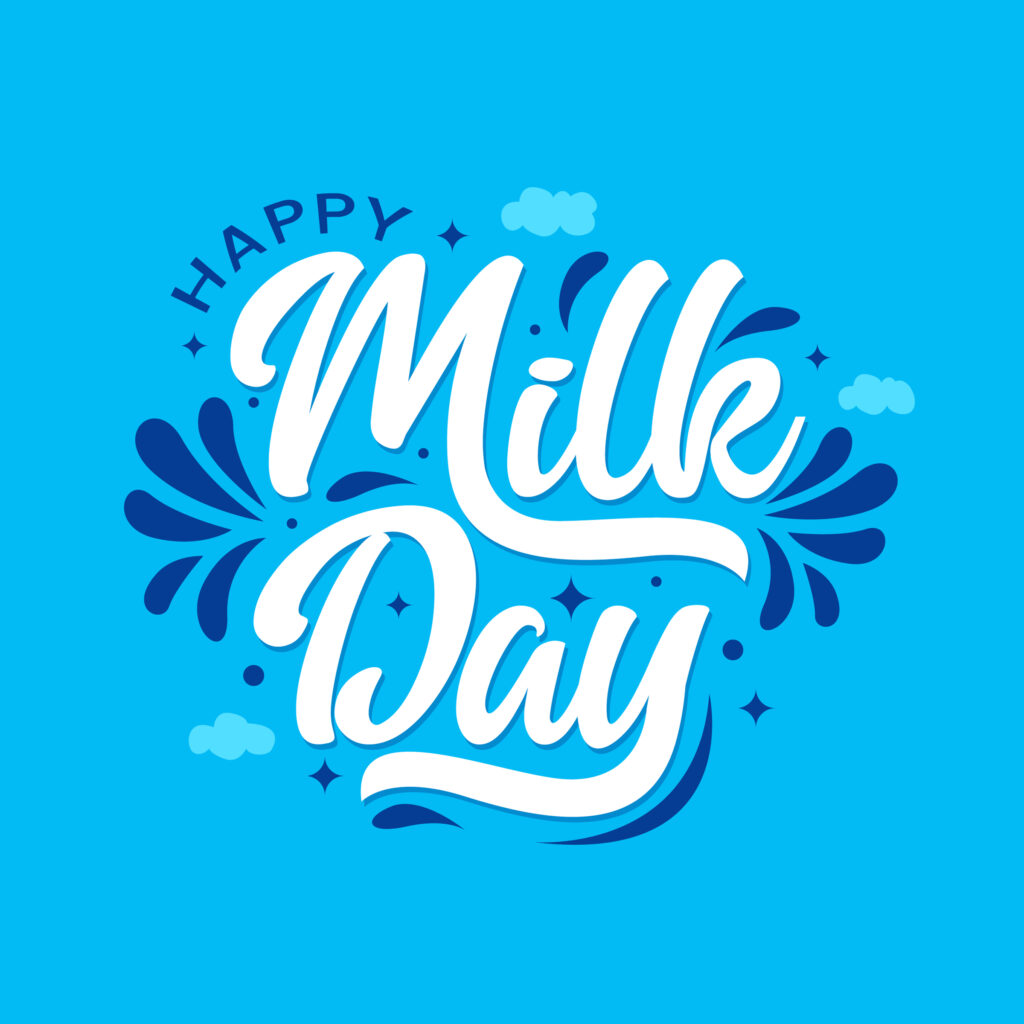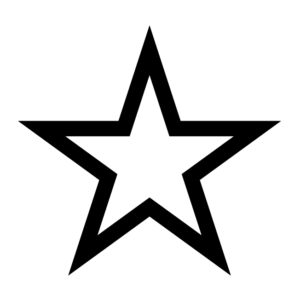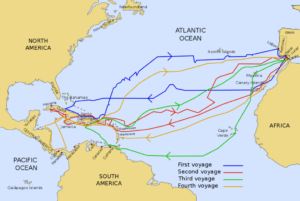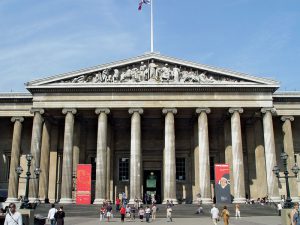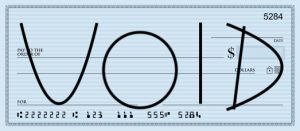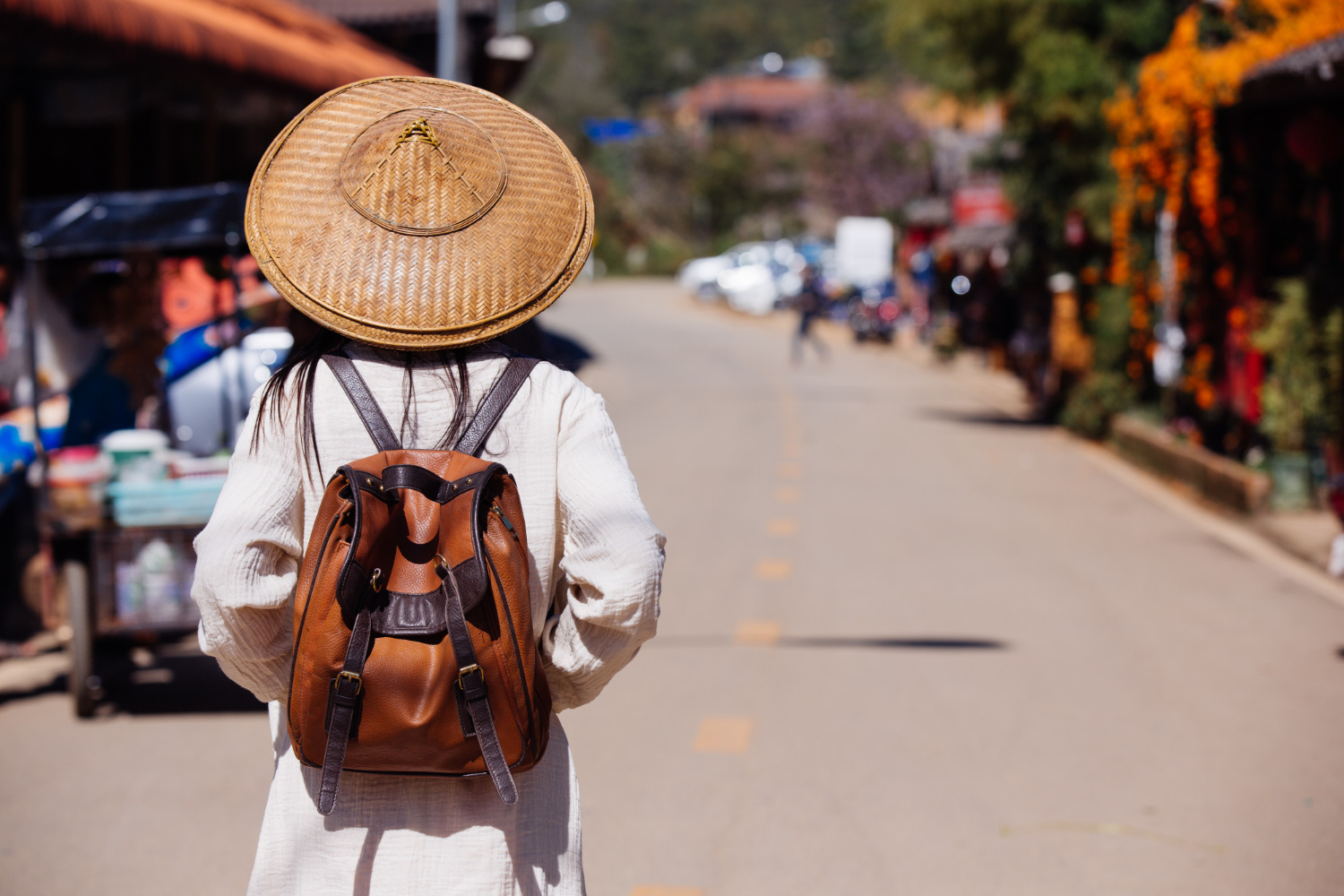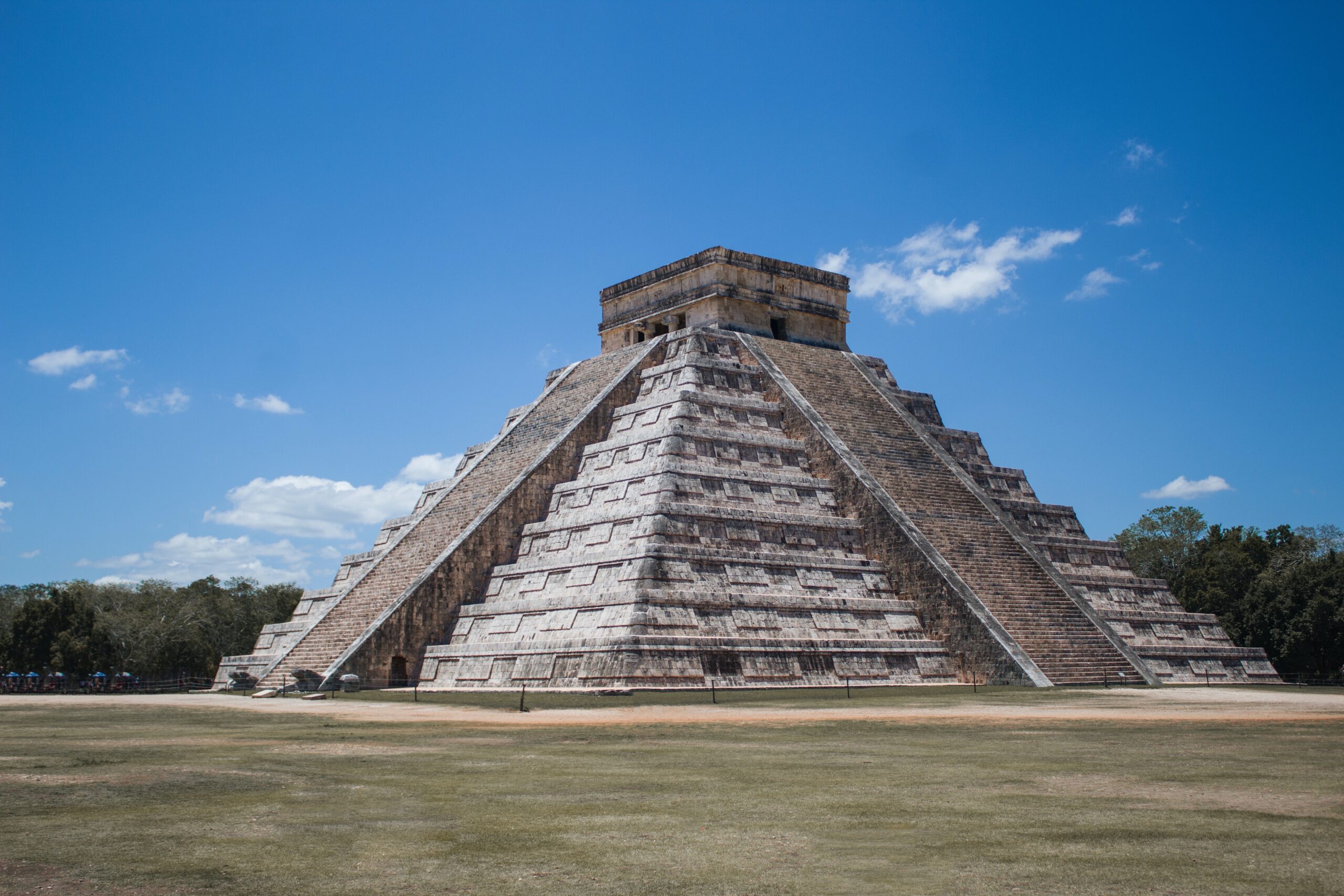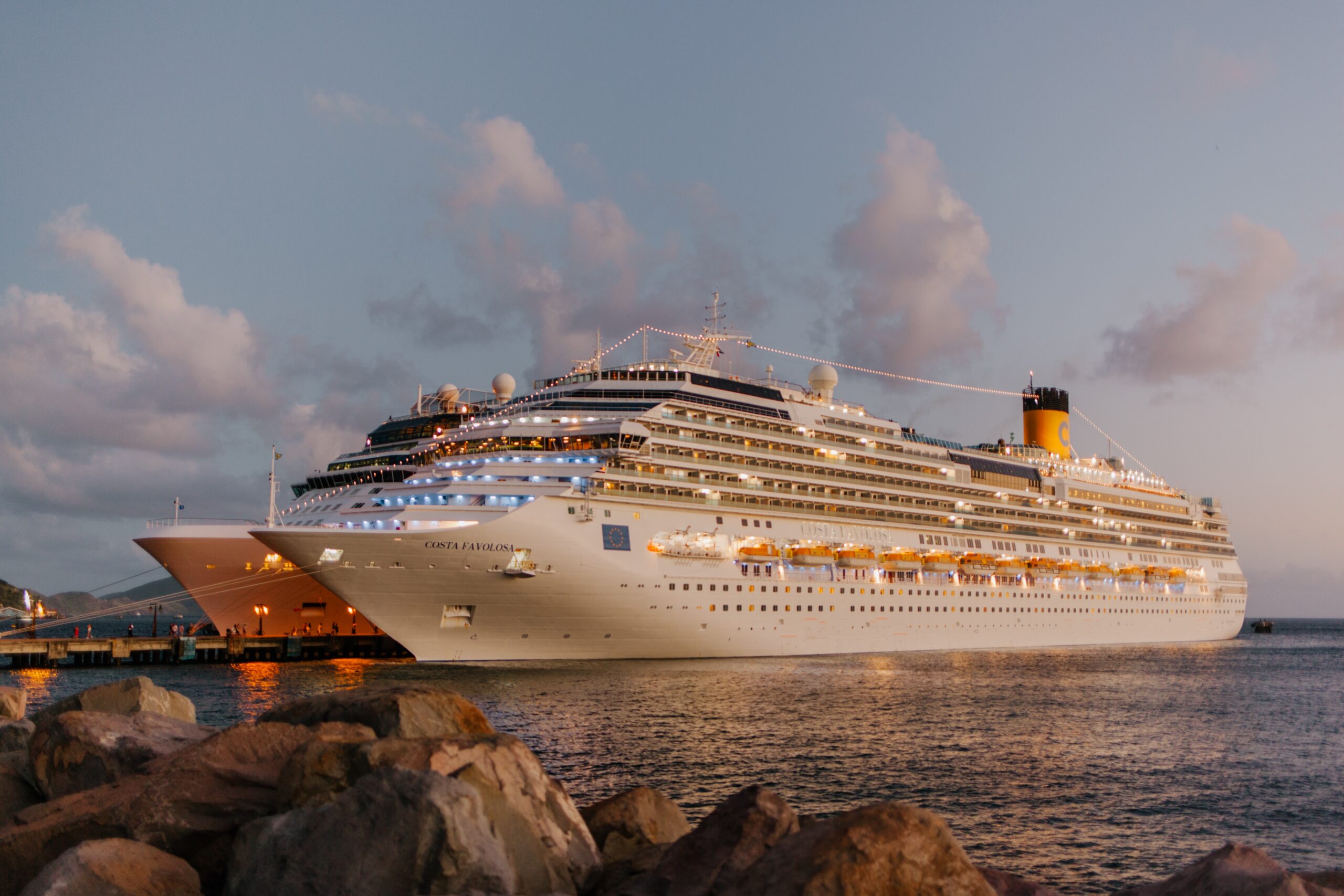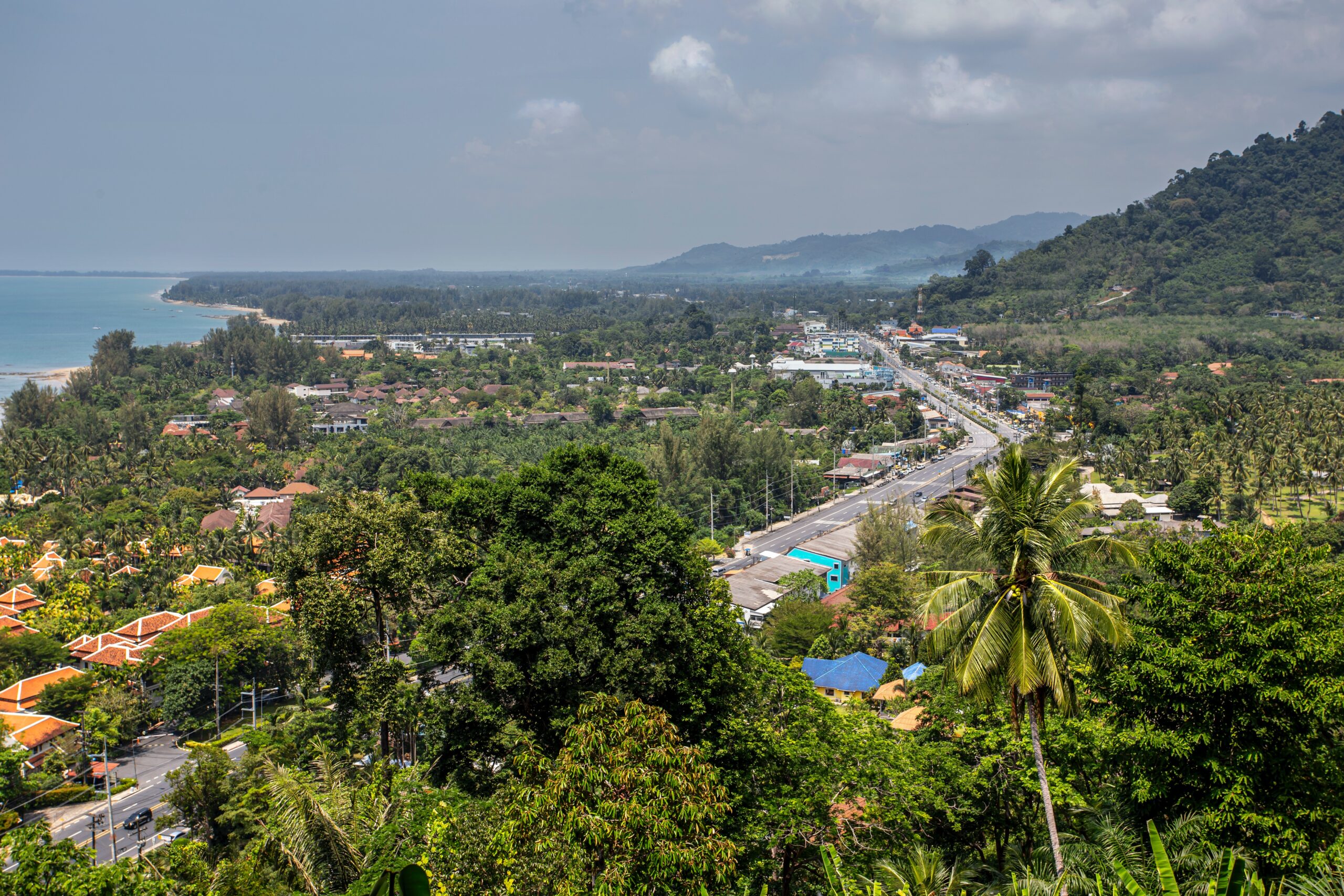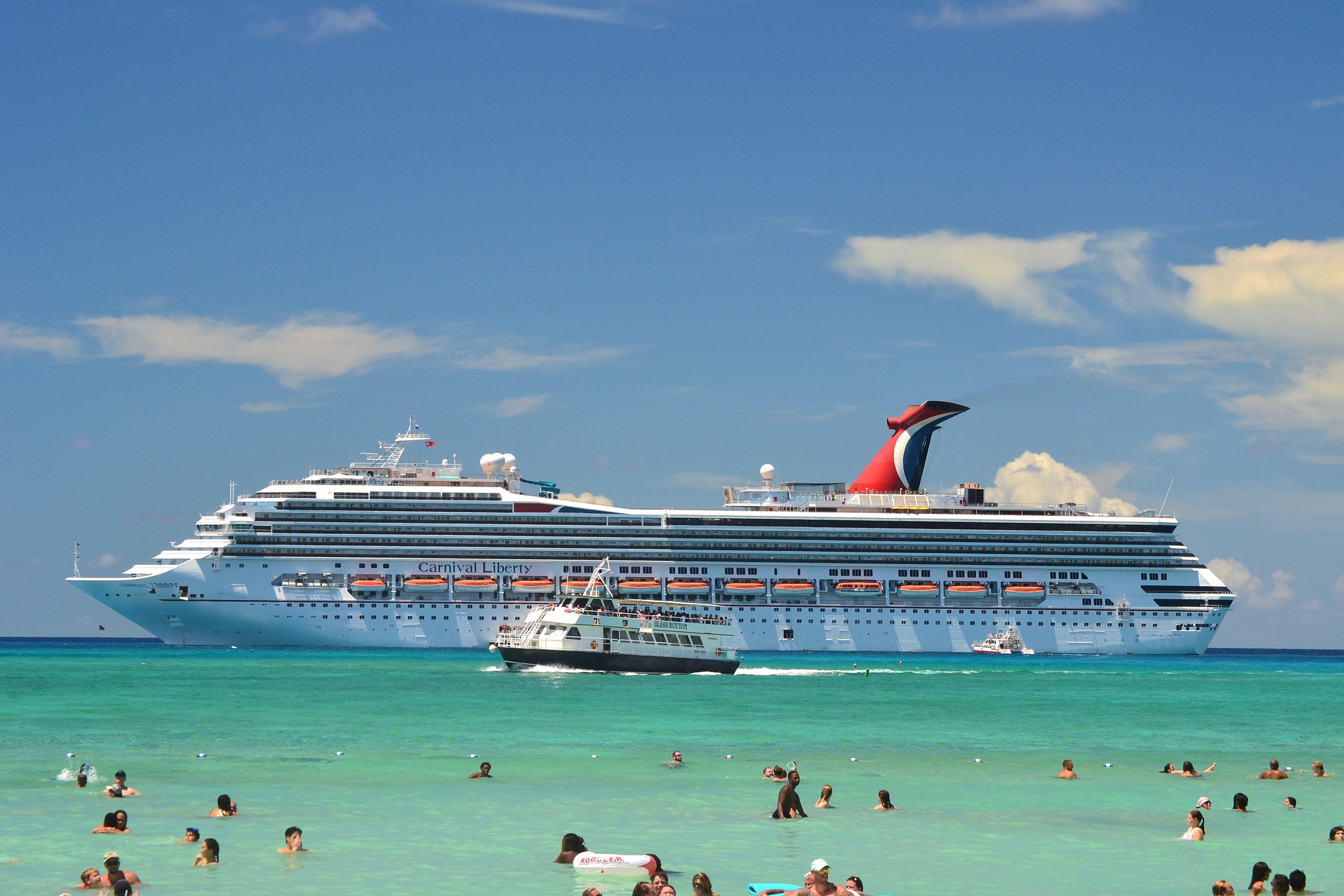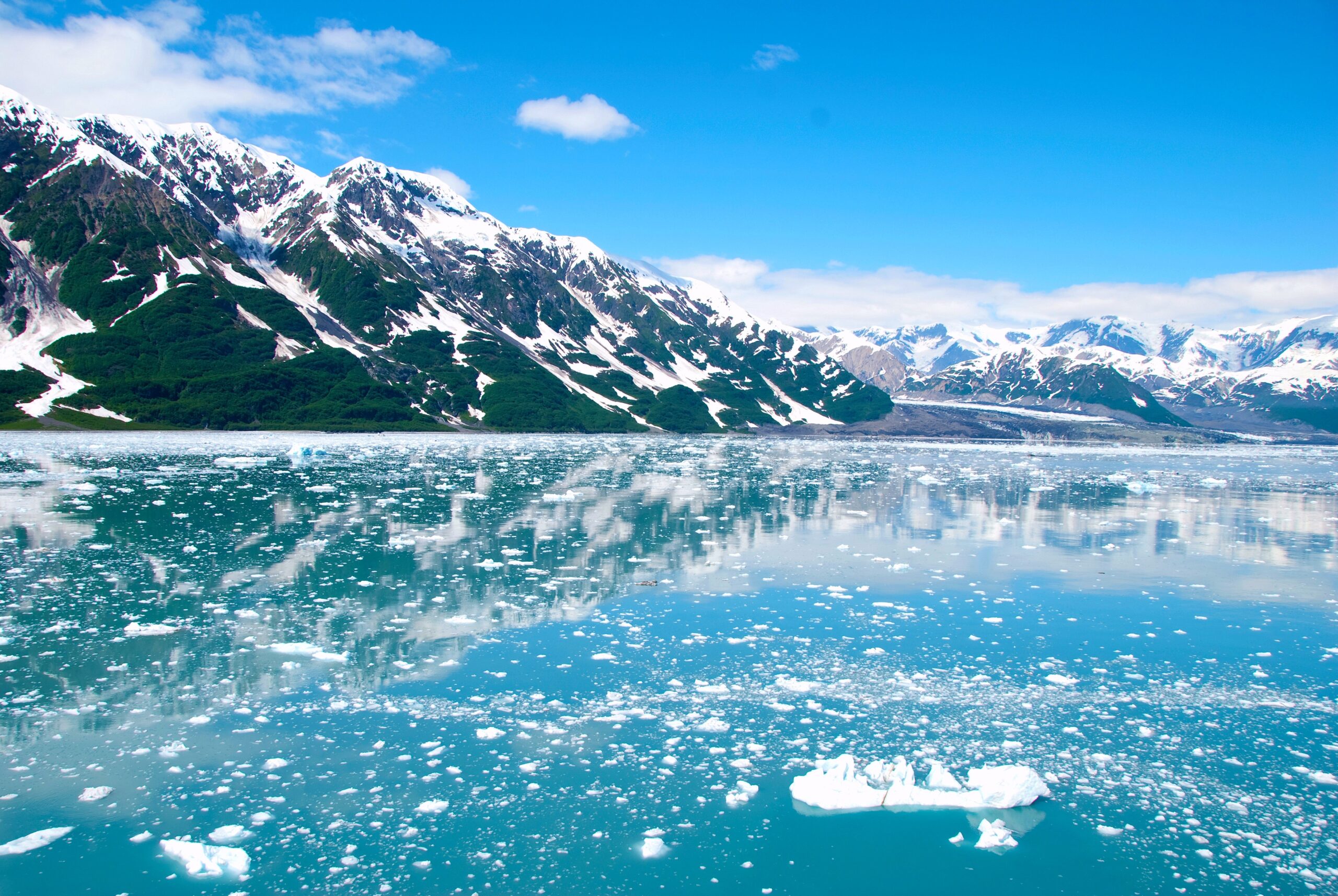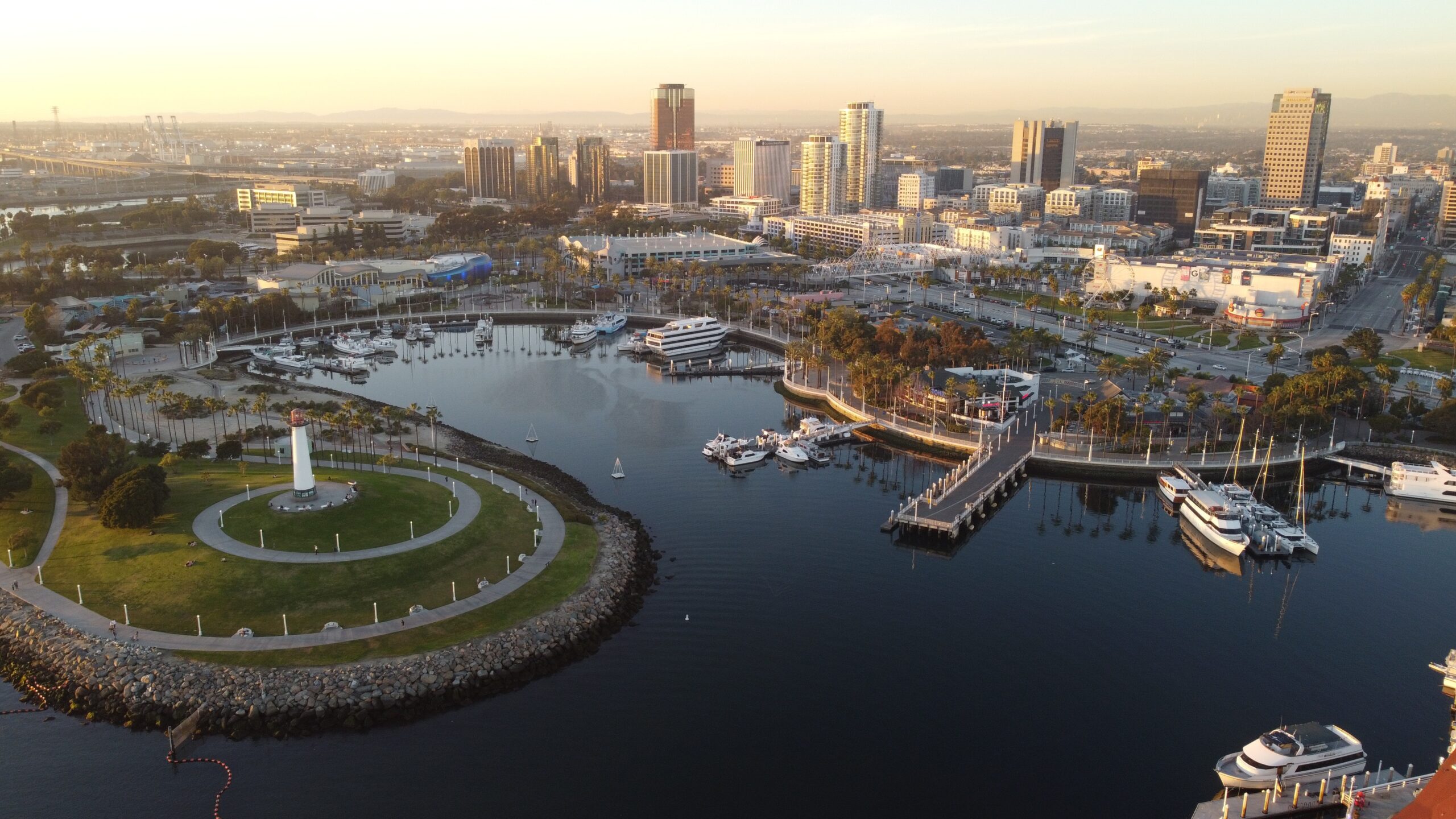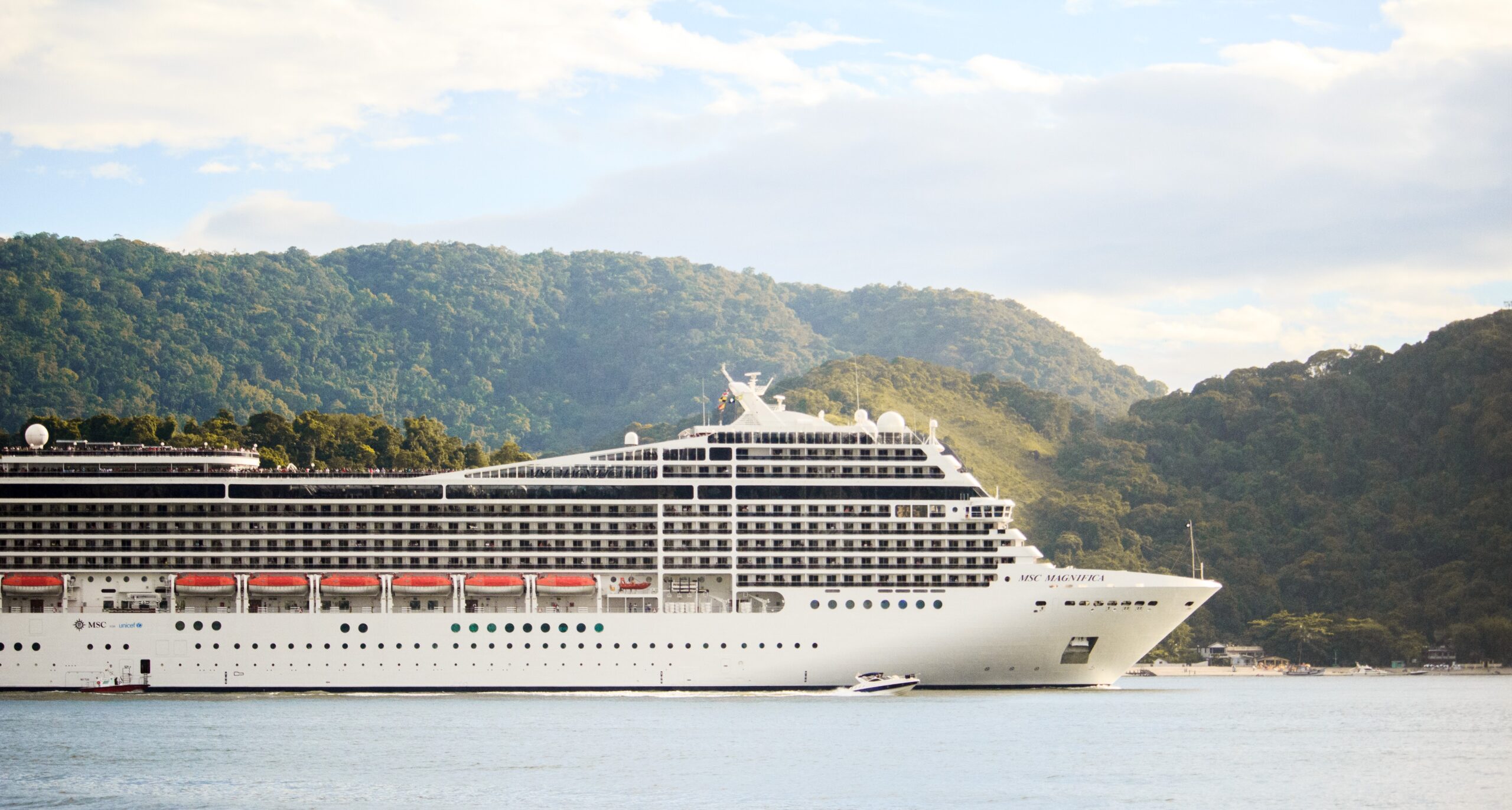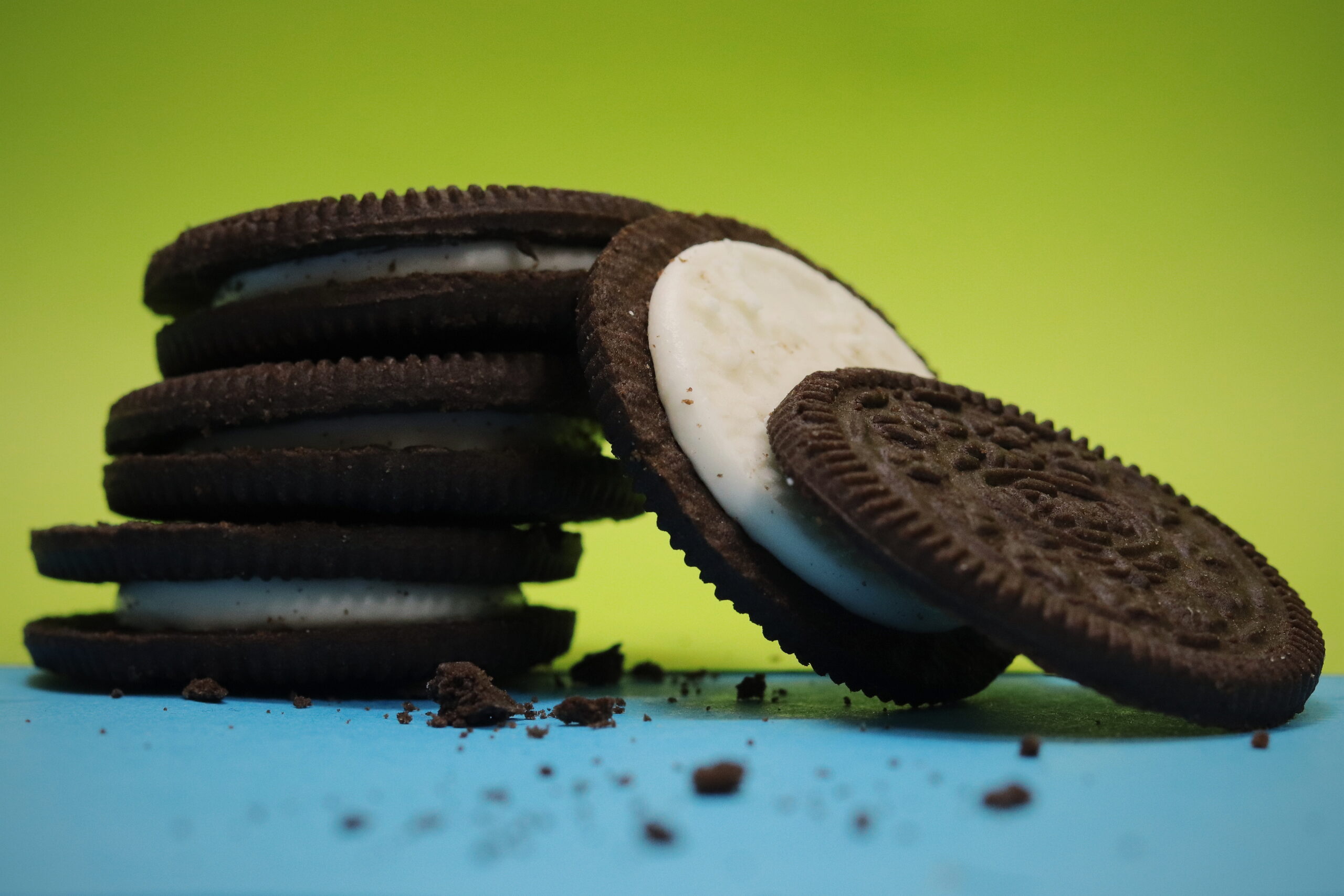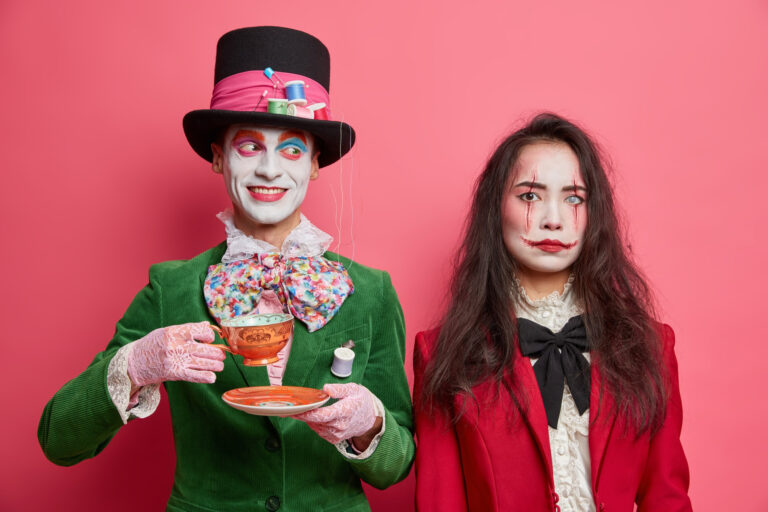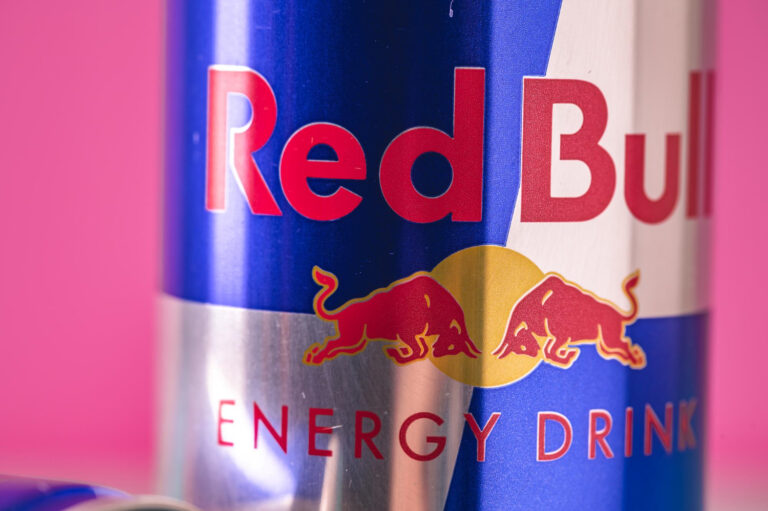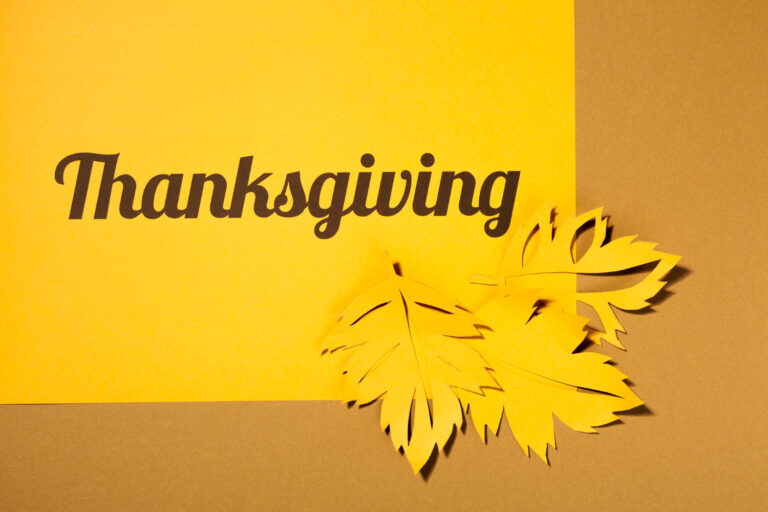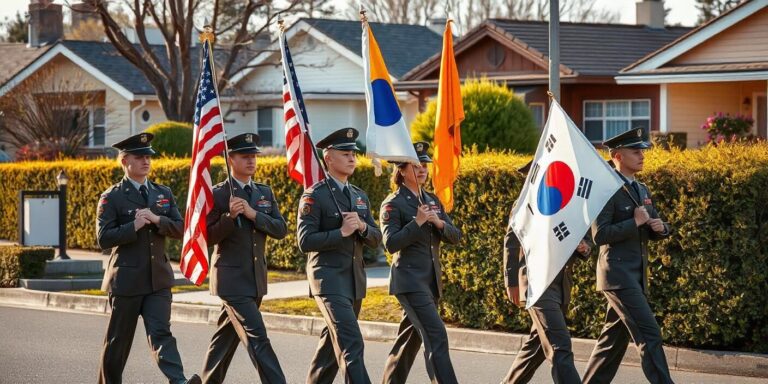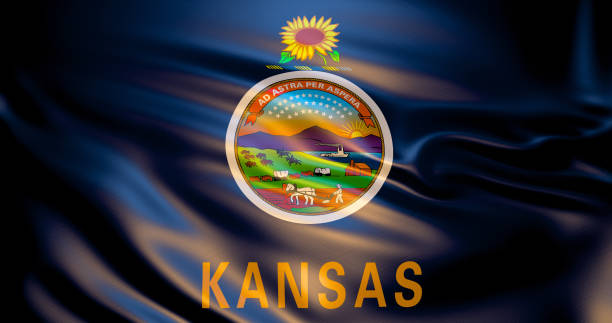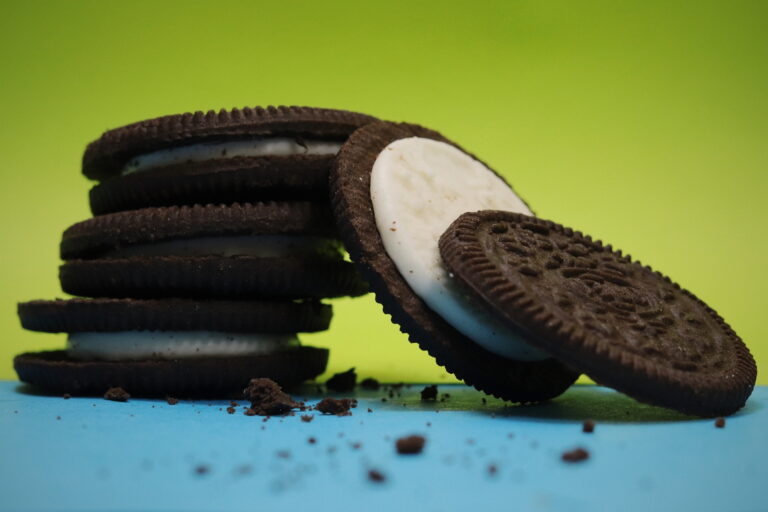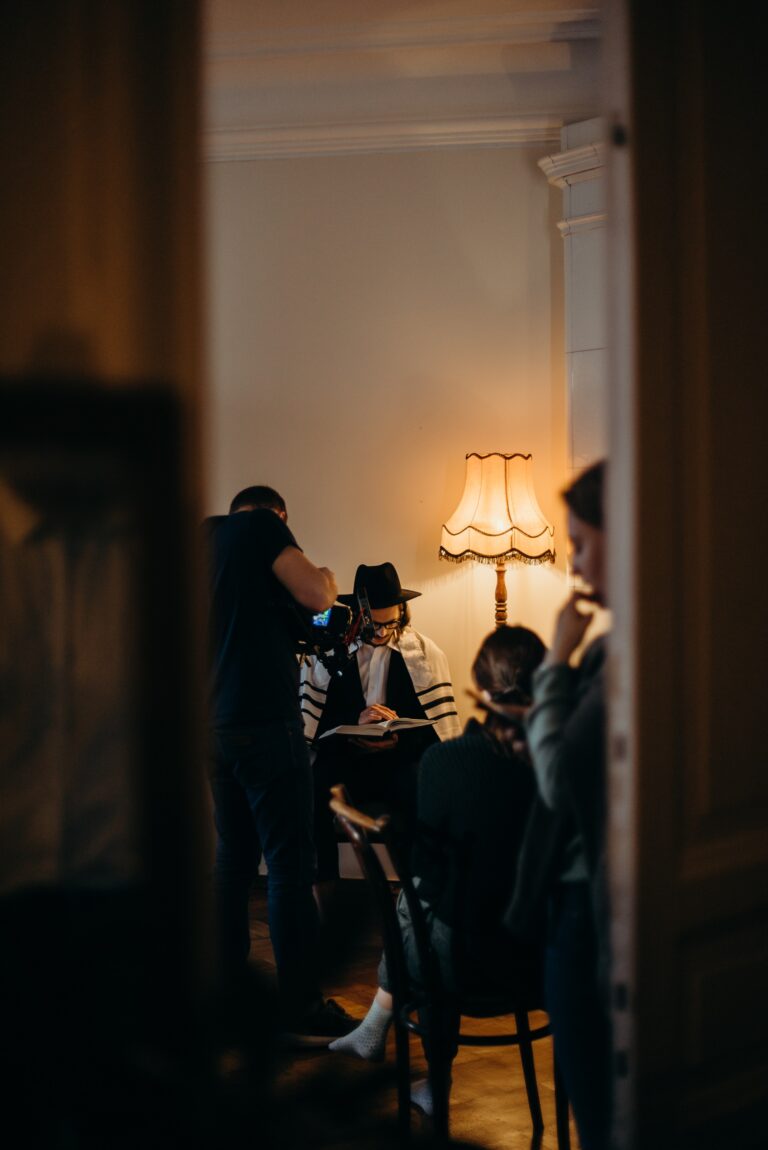Every year, Californians celebrate Harvey Milk Day on May 22 to honor the politician and gay rights activist. In 1978, Milk was assassinated for his efforts.
California schools and institutions commemorate Milk with educational and memorial events and ceremonies. The day serves to highlight the issue of LGTBQ rights and discrimination. On this day, the Harvey Milk Foundation works to honor Milk and promote his ideas at the domestic and global level.
The holiday was established the holiday’s celebration on May 22, Milk’s birthday, on October 11, 2009 by Governor Schwarzenegger. This was inspired by the success and attention of Milk’s biopic, Milk, in 2008.
About Harvey Milk
Harvey Milk was born on May 22, 1930 in Woodmere, New York to Lithuanian Jews. His family was known for owning a department store and establishing the first synagogue in this area. As a child, Milk was often teased for his extended ears, large nose, and big feet. However, he gained a reputation as a class clown and athlete in high school. Milk did not share the details of his homosexuality to most of his classmates during this time.
Milk joined the Navy after high school and fought in the Korean War. He then moved to San Diego to work as a Navy diving instructor. He then became a teacher on Long Island, where he met Joe Campbell, who he would be with for six years. The couple moved to Dallas and then to New York City where Milk worked for an insurance firm.
Milk moved to San Francisco in 1969 with Jack Mckinley, who was seventeen years younger than Milk, to work on a production of Hair. The couple broke up when McKinley was offered a role in New York and Milk stayed in San Francisco. After drifting throughout California, Texas, and New York he took a job as an aide in New York City theater productions. His time spent with casts and crews helped remove many of his conservative beliefs.
Milk moved back to San Francisco with Scott Smith, who was 18 years younger, and opened a camera shop. After Milk believed he had been discriminated against concerning a tax deposit for the camera store, he decided to run for city supervisor. He was endorsed by many bar and business owners who were not only frustrated with politics but also the existing politicians, who they thought were not taking measures that were aggressive enough. Milk’s platform included better financial management, work for the individual rather than companies, sexual freedom, and marijuana legalization. Though Milk gained recognition as a confident public speaker, he lost the election but received the majority of votes in liberal districts.
The loss did not discourage Milk from political activism. He had a knack for organizing coalitions, including a group of bars, teamsters, and grocers to boycott Coors for refusing to sign union agreements. Throughout his career, he continued to work in conjunction with organized laborers. Despite this heightened support, Milk lost his run for supervisor when he ran again in 1975. However, Mayor George Moscone, who recognized Milk’s leadership skills, gave him a position on the Board of Permit Appeals, meaning that Milk was the first city commissioner who was openly gay in the U.S., leaving this position after deciding run for a position in the California State Assembly.
He ran the campaign from his camera store and again lost the election. Although Milk had heavy support from parts of the gay community, especially around Castro Street, he lacked support from major organizations in the area. In his next run for city supervisor, Milk won by 30%, becoming the first openly gay man to be elected into public office in the United States. The highlights of Milk’s early work in this position included a commuter tax on those who lived outside of San Francisco and drove into the city for work and promoting a civil rights law that made discrimination of sexual orientation illegal in San Francisco. He also delivered his famous “Hope Speech” at the 1978 San Francisco Freedom Day Parade.
On November 27, 1978, Mayor Moscone planned to announce the replacement of city supervisor Daniel White, who resigned due to the position’s insufficient salary, only to ask to be reinstated right after. May Moscone decided appoint someone else instead. Before the press conference, White snuck into city hall and shot Moscone and Milk, who he had severe tensions with while serving together. White’s sentence of seven and a half years for the murders resulted in public outrage and the White Night riots. White committed suicide soon after his release.
Milk’s legacy instituted the promotion of gay rights, the individual, and the community.



